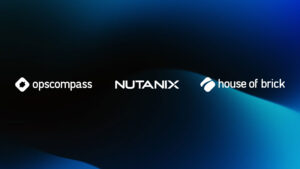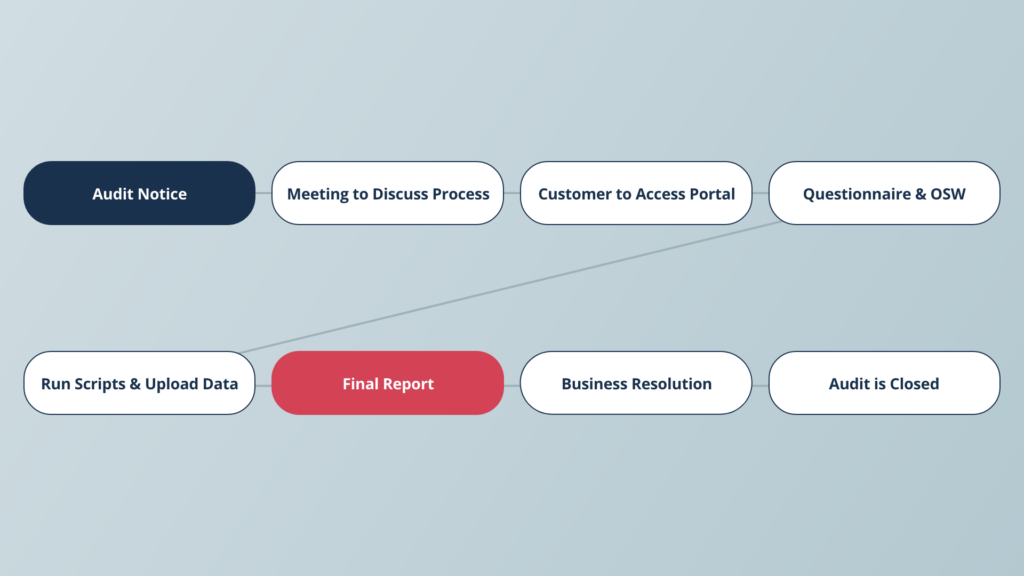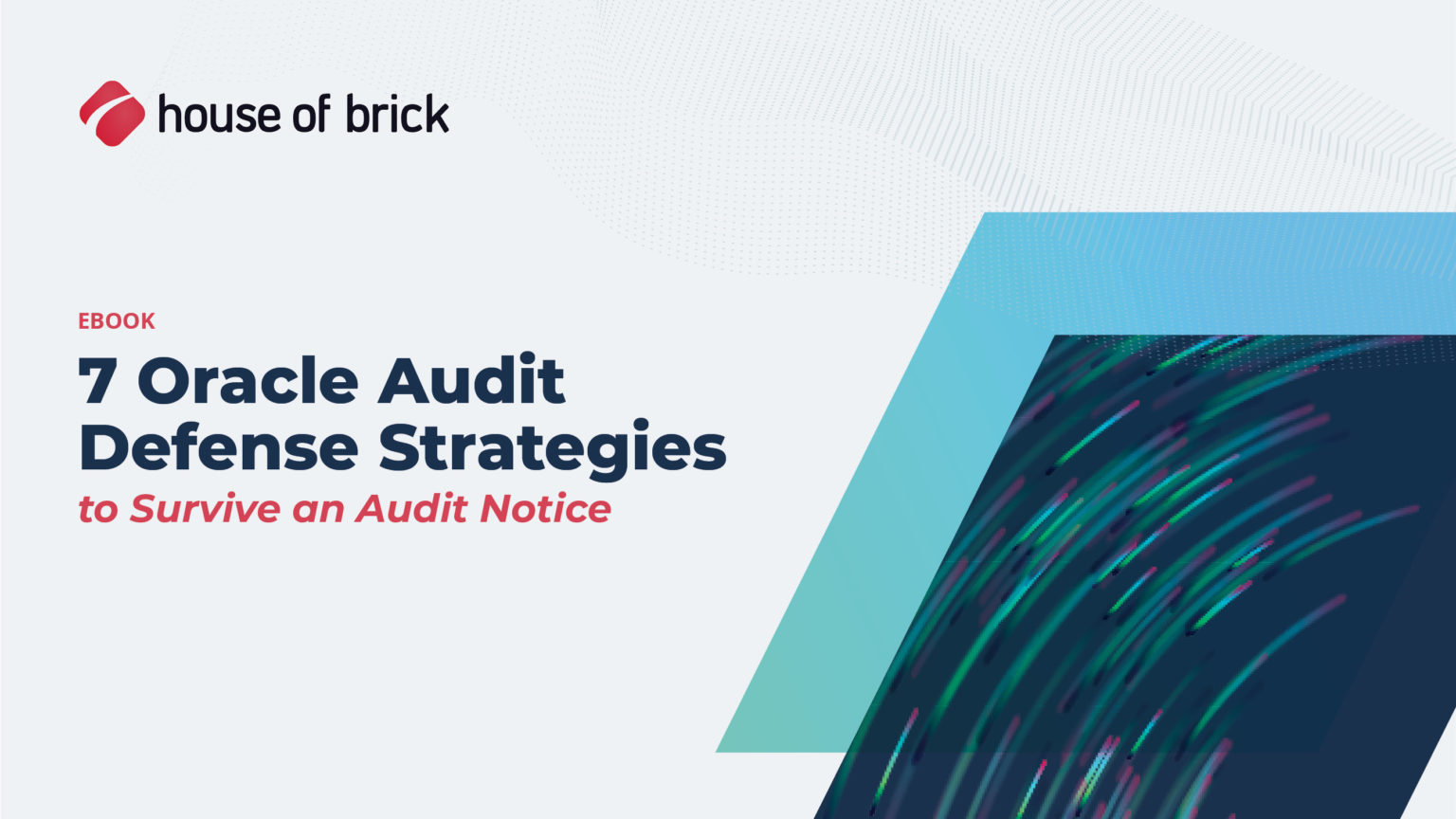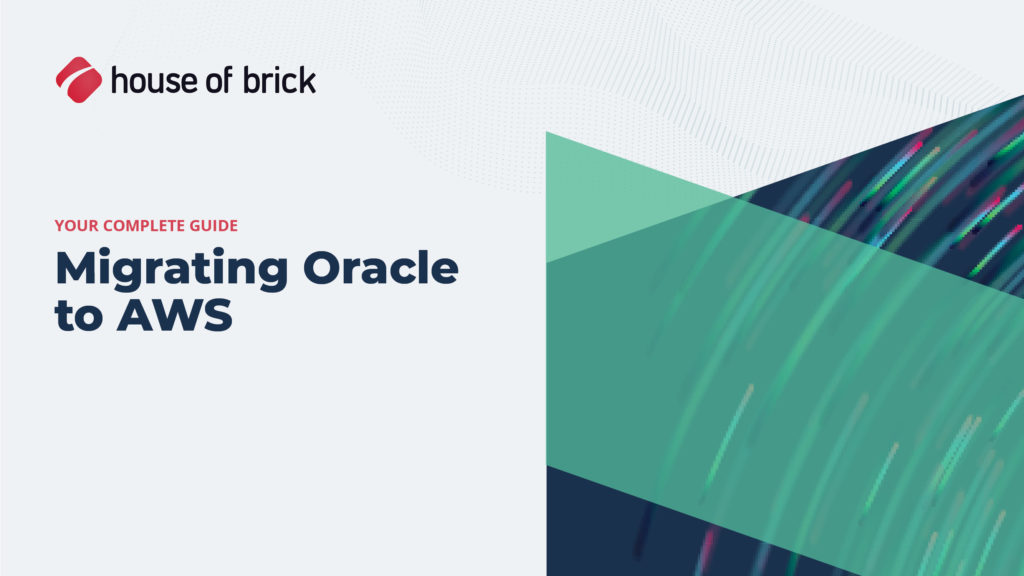- Managed Opscompass
- Solutions
Oracle License & Audit Risk
Oracle Audits – Everything You Should Know
Oracle Audit Defense
Oracle Cost Optimization
Oracle License Optimization on VMware
Oracle Database Security
Cloud Services & Modernization
Cloud Migration
Cloud Modernization
AWS Oracle Database
AWS Oracle Licensing
Running Oracle on AWS
License & Compliance Management
License Management
Security & Compliance Assessment
VMware Cost Optimization Assessment
- Consulting
High Availability & Disaster Recovery
Keep systems online thru outages via trusted failover tactics.Integration
Link data with apps and clouds using secure, efficient flows. - Resources
- About
About House of Brick
House of Brick provides cutting-edge software innovation and industry-leading consulting experience to help navigate the most challenging cloud migration and operational challenges.
- Login






